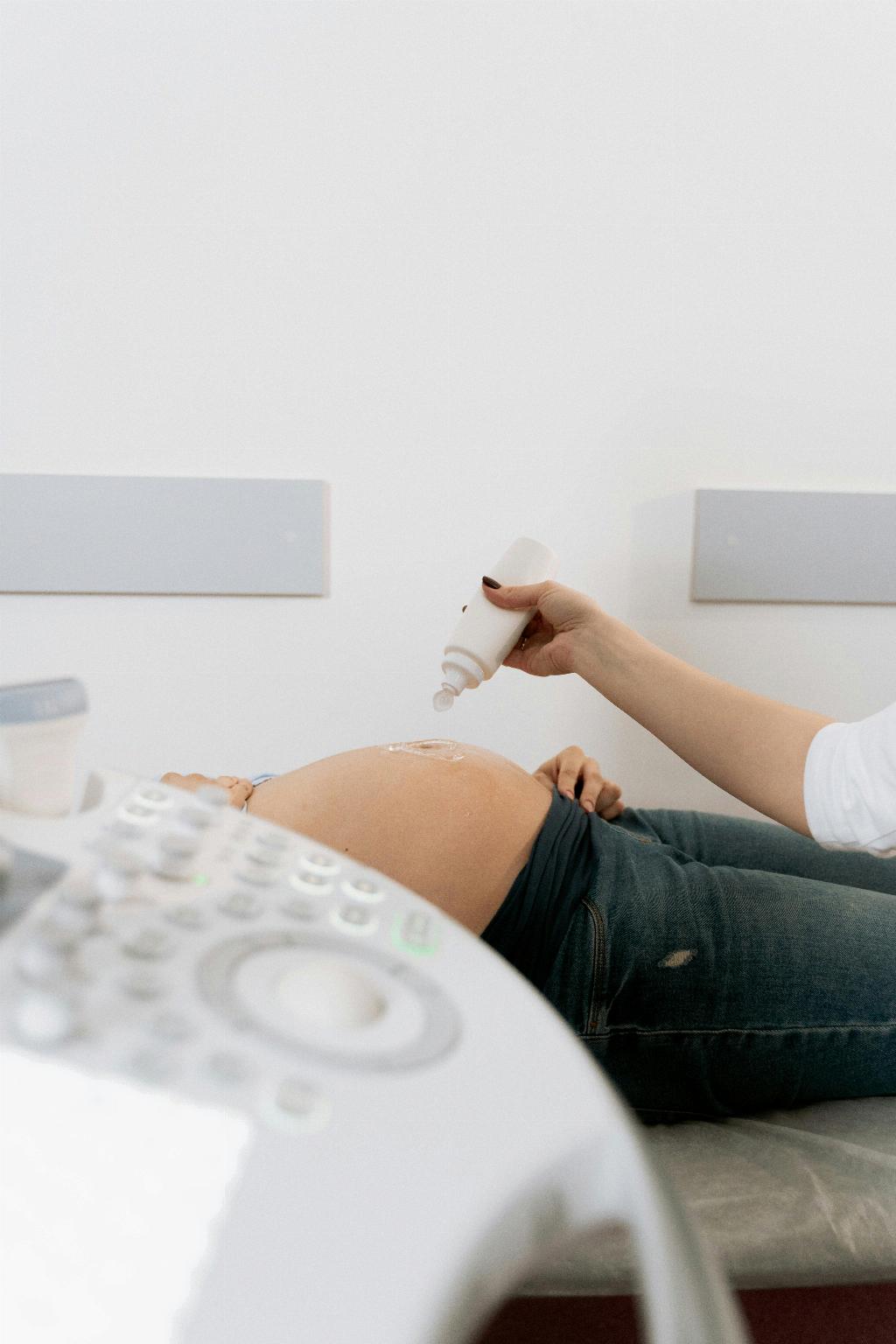When it comes to changes in the body during pregnancy, vaginal dryness might not be one of the first things that come to mind. However, it is a common issue that many pregnant individuals experience. This shift in vaginal moisture levels can lead to symptoms such as itching, burning, irritation, and discomfort during sexual intercourse.
The Causes of Vaginal Dryness in Pregnancy
During pregnancy, hormonal changes play a significant role in the body’s adjustments. The increase in estrogen levels can impact the natural lubrication of the vagina, leading to dryness. Additionally, factors such as stress, fatigue, and certain medications can also contribute to this dryness.
Managing Vaginal Dryness Safely
While vaginal dryness during pregnancy can be uncomfortable, it is essential to approach management safely. Using water-based lubricants can help alleviate discomfort during intercourse. It is crucial to consult with a healthcare provider before using any over-the-counter products to ensure they are safe during pregnancy.
Communicating with Your Partner
Experiencing vaginal dryness during pregnancy can also impact your intimate relationship with your partner. Open communication about your discomfort and finding alternative ways to maintain intimacy can help navigate this period with understanding and support.
Embracing Self-Care Practices
Engaging in self-care practices can also play a significant role in managing vaginal dryness. Staying hydrated, maintaining a healthy diet, and practicing relaxation techniques can help support overall vaginal health during pregnancy.
Seeking Professional Guidance
If vaginal dryness persists or becomes increasingly uncomfortable, it is crucial to seek guidance from a healthcare provider. They can assess the underlying causes and recommend appropriate interventions to alleviate symptoms and ensure your well-being.
Understanding the Psychological Impact
It is essential to acknowledge the psychological impact that vaginal dryness during pregnancy can have. Feeling discomfort or pain in such an intimate area can affect self-esteem and mental well-being. Seeking emotional support from loved ones or a mental health professional can be beneficial.
Exploring Alternative Remedies
Some individuals may find relief from vaginal dryness through alternative remedies such as natural lubricants, dietary supplements, or herbal remedies. However, it is crucial to consult with a healthcare provider before trying these options to ensure they are safe for pregnancy.
Emphasizing Overall Health and Wellness
During pregnancy, prioritizing overall health and wellness is paramount. Engaging in regular physical activity, getting adequate rest, and managing stress levels can contribute to hormonal balance and potentially alleviate symptoms of vaginal dryness.
Connecting with Supportive Communities
Sharing experiences and seeking advice from supportive communities of other pregnant individuals can provide comfort and understanding. Knowing that you are not alone in experiencing vaginal dryness during pregnancy can be reassuring and empowering.
Appreciating the Body’s Adaptability
Throughout pregnancy, the body undergoes numerous changes to support the growth and development of the fetus. While vaginal dryness may present challenges, it is a reminder of the body’s adaptability and resilience during this transformative journey.
Conclusion
In conclusion, experiencing vaginal dryness during pregnancy is a common occurrence that can be managed through safe and effective methods. By understanding the causes, seeking professional guidance, and prioritizing self-care practices, individuals can navigate this aspect of pregnancy with confidence and well-being.

